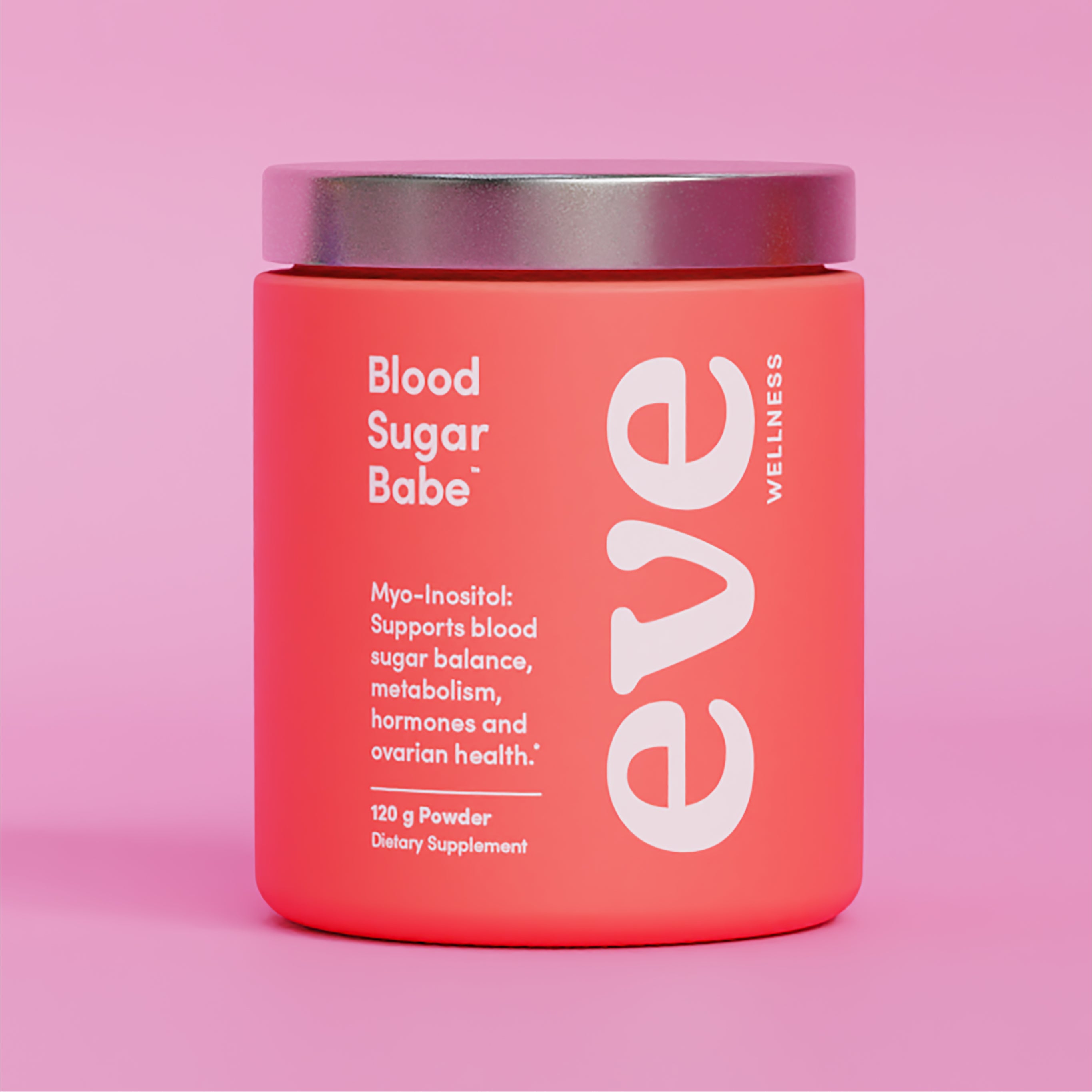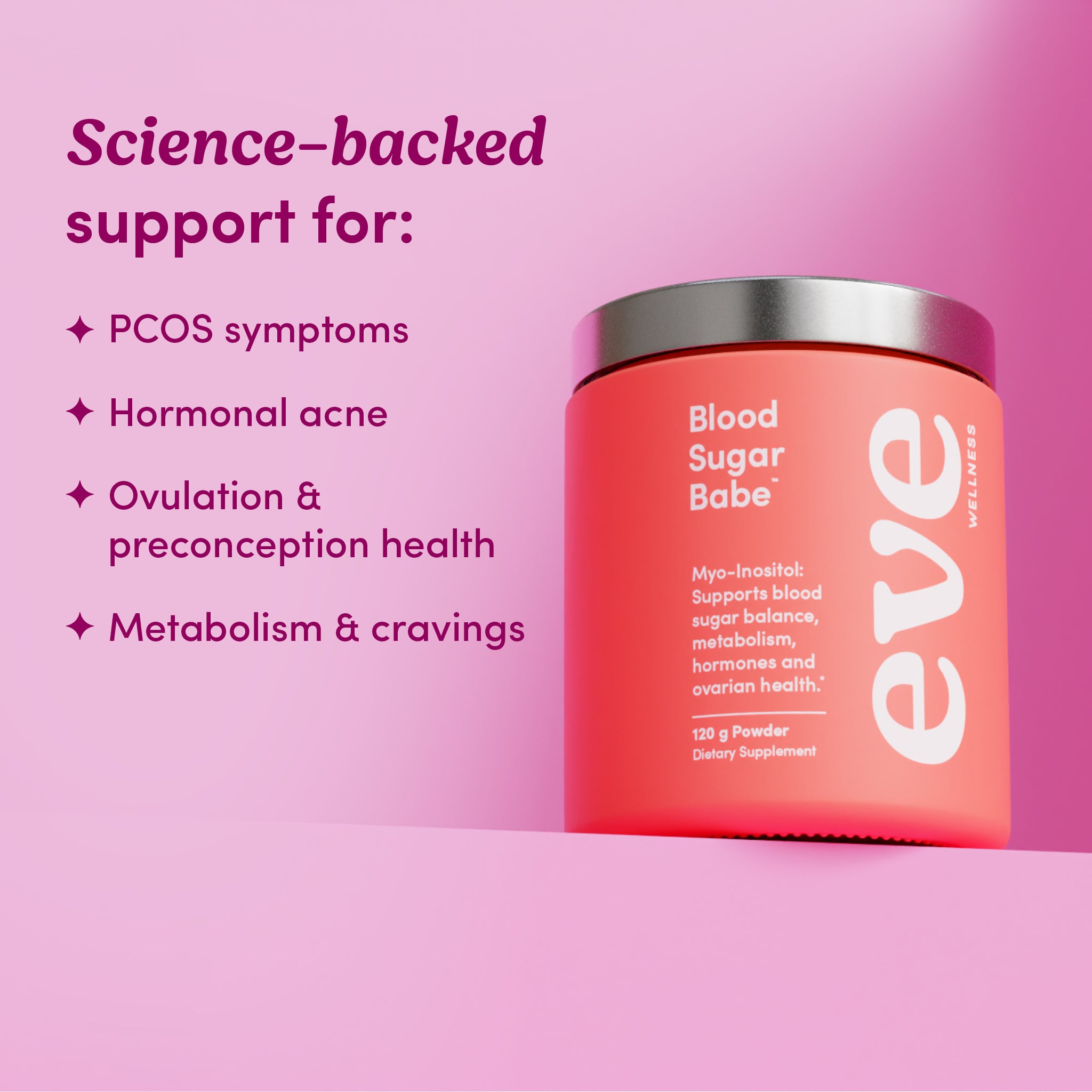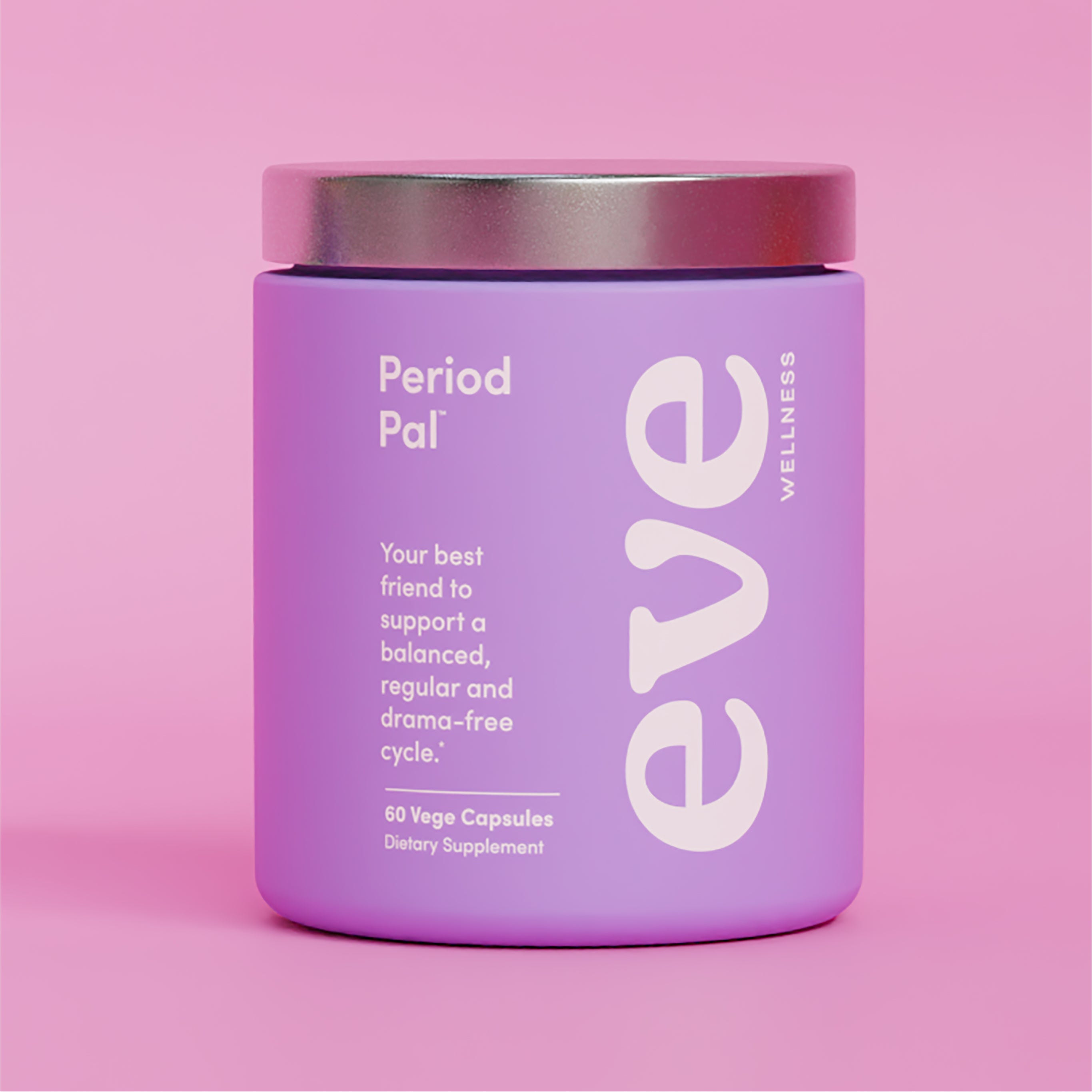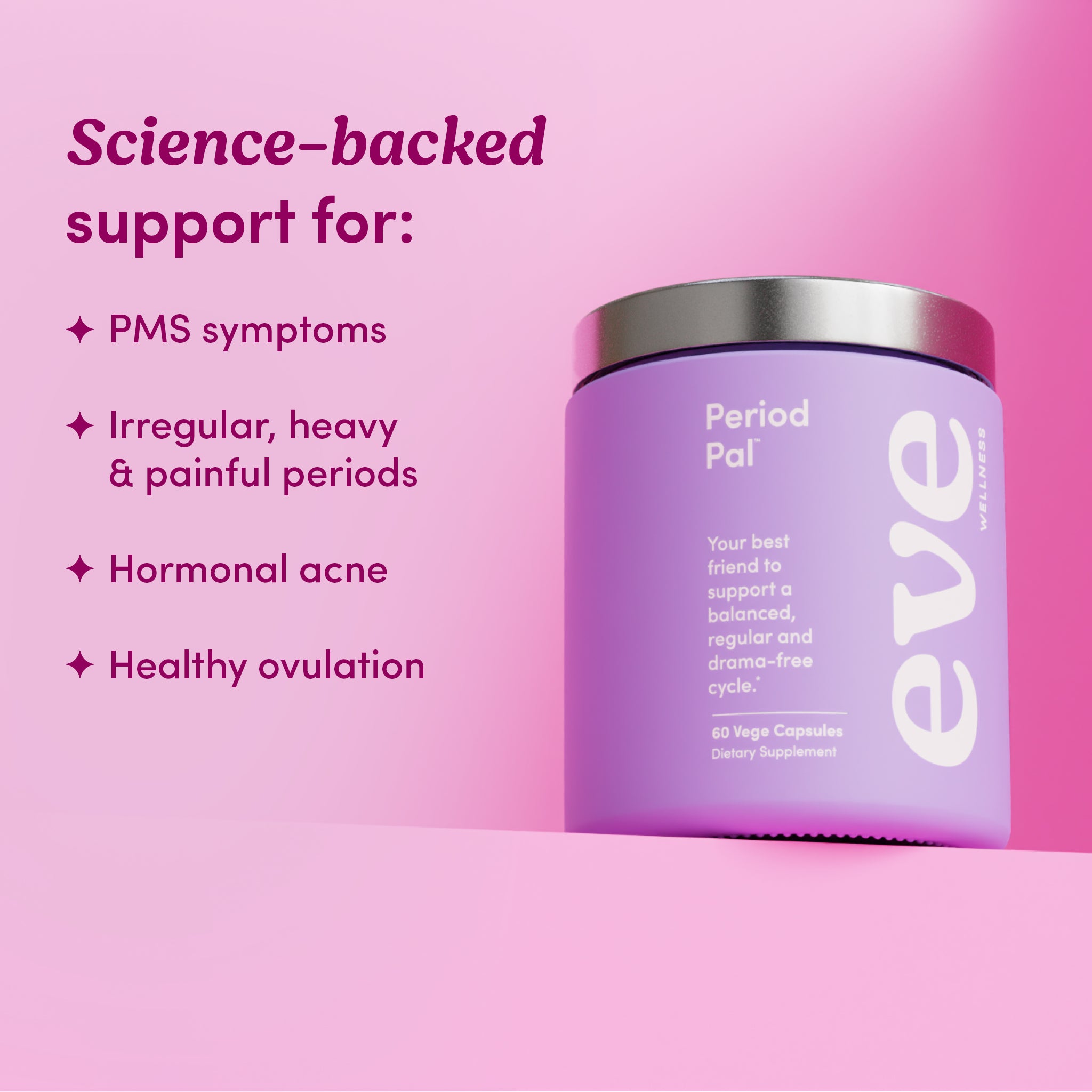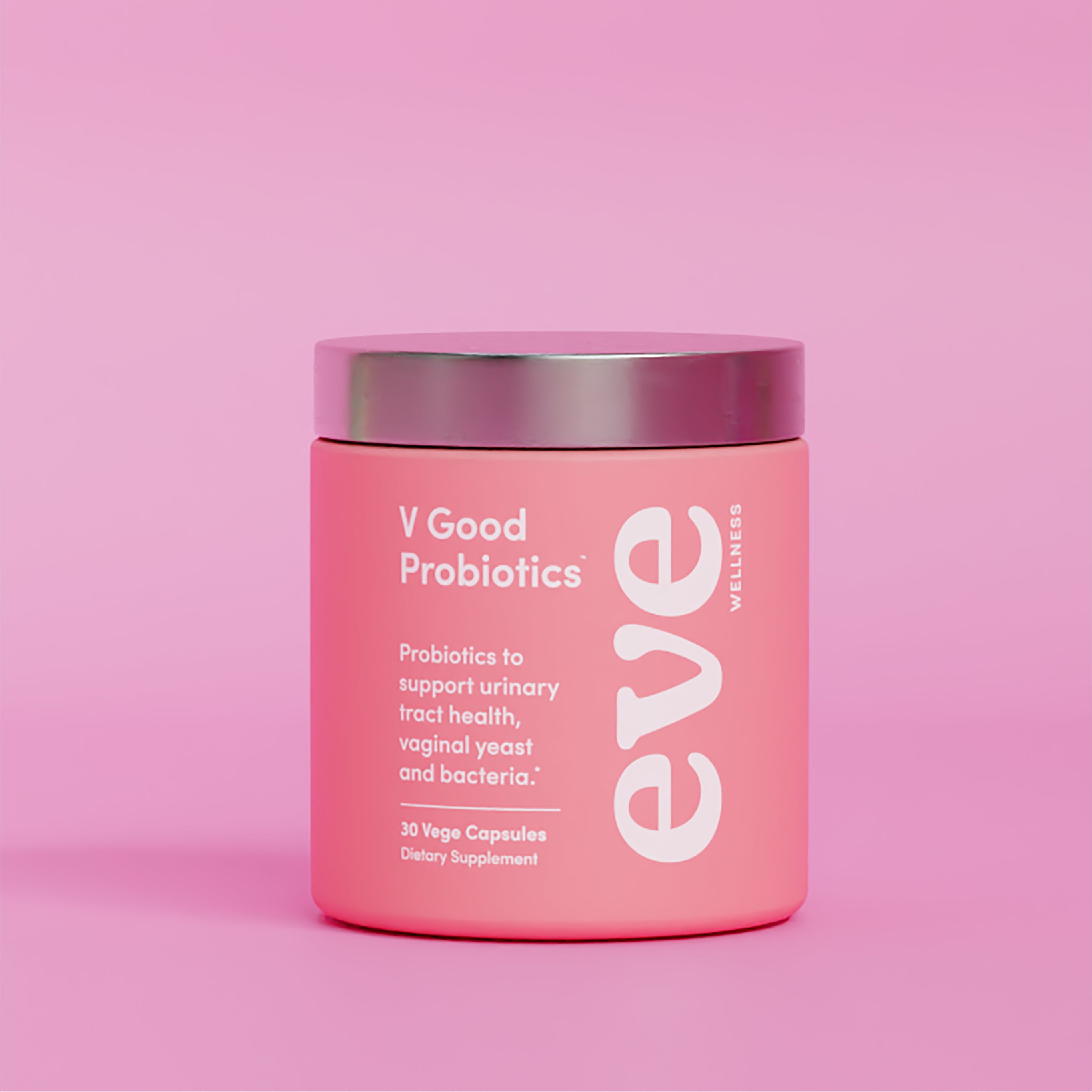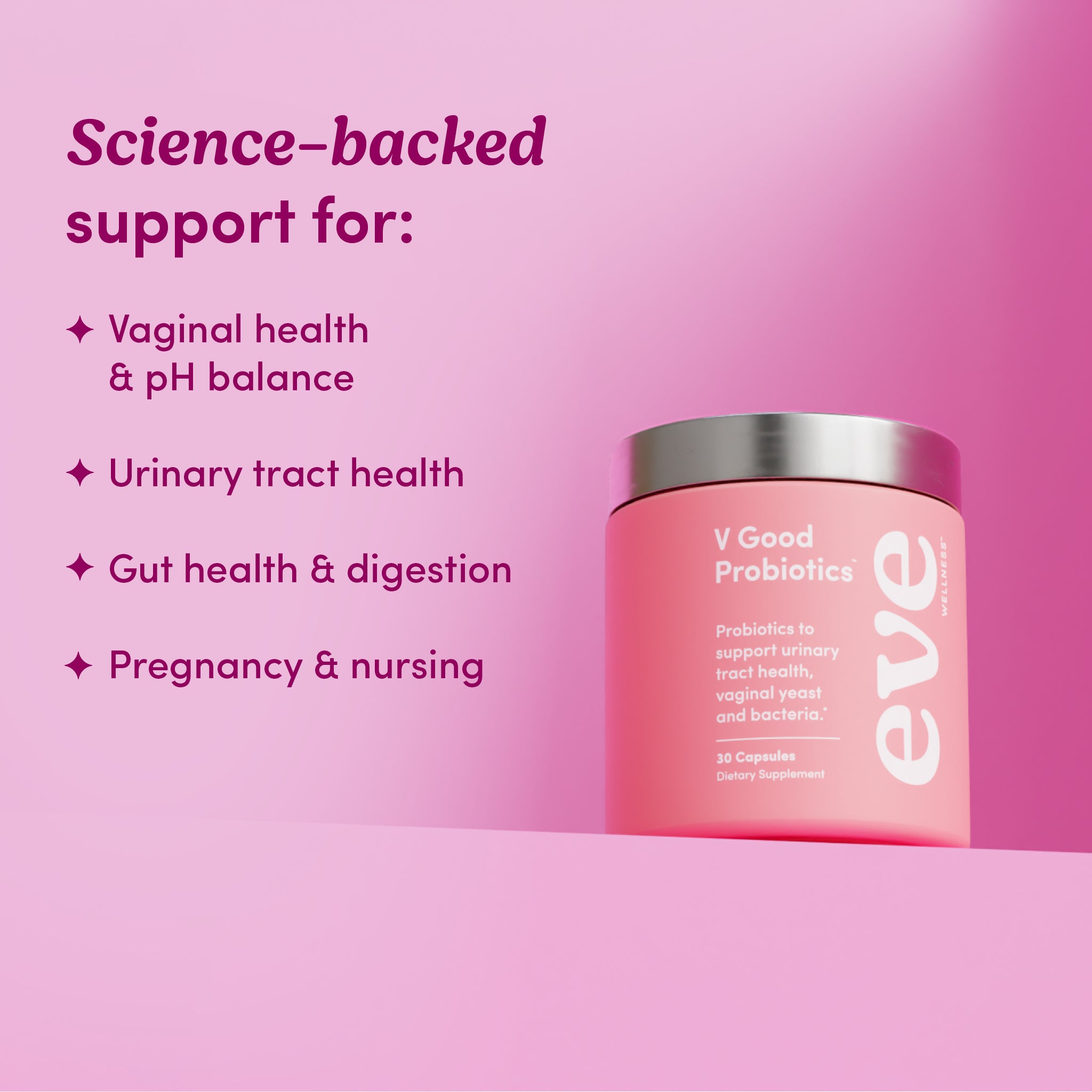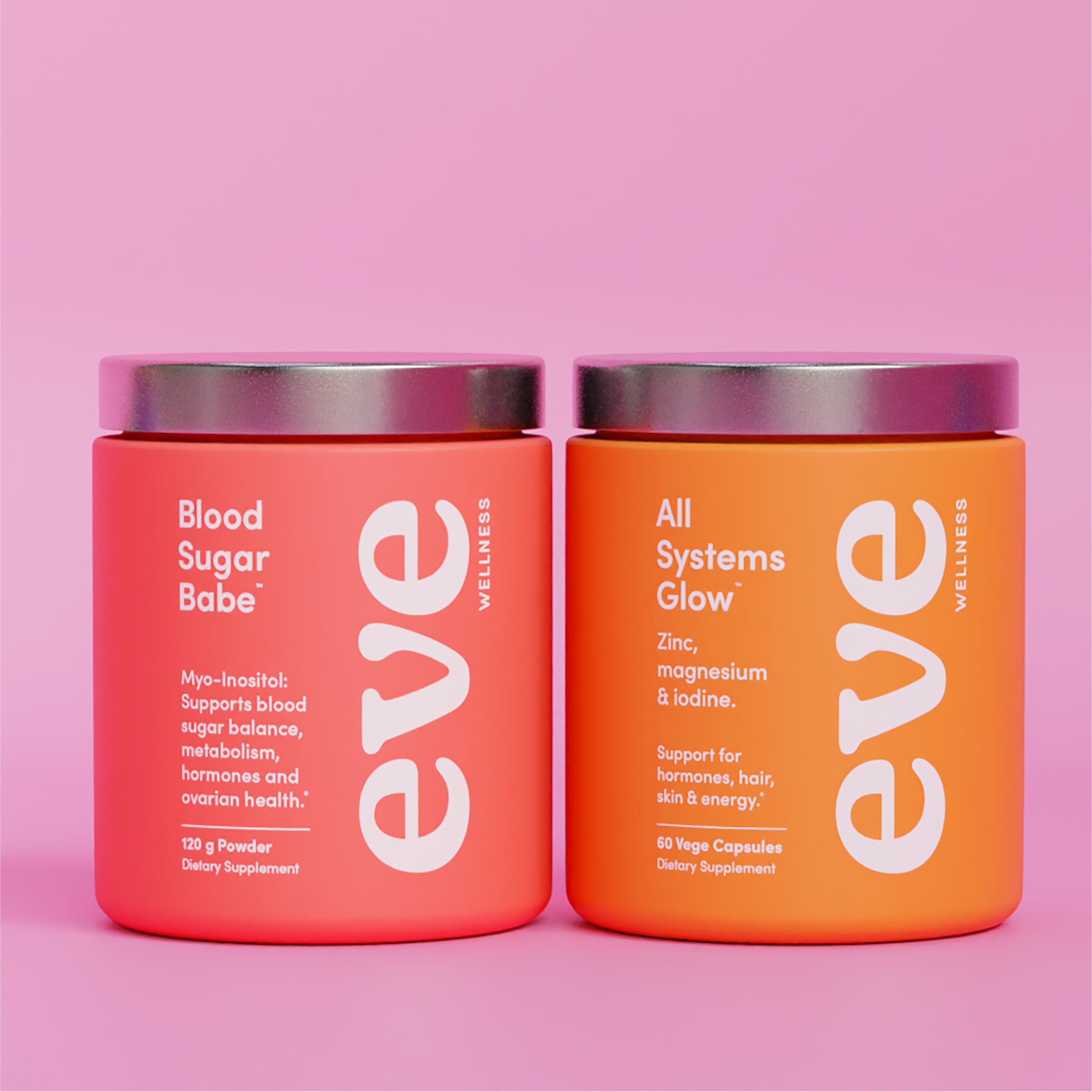Stress isn’t a particularly new idea for any of us. We’re busy juggling careers, families, relationships, trying to stay hydrated, finances, social lives, our health and everything else we’ve said yes to at the time. Quite frankly, just reading that list is somewhat overwhelming.
The question so many of us face then becomes, “am I stressed or is this just part of the busy life I signed up for?”
Here’s the thing; it’s a fine line between busyness and burnout.
Sometimes our brains are better at coping with stress than our bodies are—we might not even realise our never ending to-do list is impacting our physical health until one day it suddenly becomes too much and overwhelm and/or exhaustion takes over.
However, even though we may not notice the gradual decline, our bodies are actually always sending us signs that they're struggling with stress and that they may be on the way to burnout.
By taking the time to familiarise yourself with these signs, you’ll gain more clarity into what’s really going on for you, and how to best look after yourself. So, here's your guide to stress, burnout and what to look out for.
Stress & Cortisol Explained
Stress can be defined as ‘pressure or tension resulting from adverse or demanding circumstances.’ Despite this explanation, stress is not inherently bad.
A certain level of stress is healthy, it gets us up and going, and actually makes us stronger in the right doses.
The most important thing to understand about stress is that it’s probably not what you think it is. In response to stress, our bodies release a hormone called cortisol. We often think of cortisol in a negative light as something we don’t want at all. However the truth is, cortisol has many functions in the body; it’s not just a stress hormone but a survival hormone. To feel great and cope with life’s stressors, cortisol needs to be just right.
Here are 5 common signs that your cortisol might be high, low or entirely ‘burnt-out’. If one or more of these ring bells, you may want to start investigating your stress and adrenal health.
1. Anxiety, Insomnia or Mood Swings
Feeling like you’re constantly ‘on-edge,’ or unable to relax? Mind racing and full of thoughts? Feeling low and although you’re not sure what is wrong exactly, you know that something is?
Cortisol is our survival hormone, meaning it keeps us alert and on the lookout for danger; a mechanism that literally would have been life saving for our ancestors. However, as our modern day stressors usually aren’t physical predators, but instead are often mental or emotional, this response can develop into feelings of anxiety, trouble sleeping or out-of-character moods.
Remember, the body responds the same way to all forms of stress.
Here are a few signs that your stress may be impacting your mood (and therefore your health):
- Feeling anxious. Constantly overthinking, over-analysing and feeling like something is wrong, although you can’t quite put your finger on what that is.
- Feeling irritable and snappy. Small things might annoy you more than usual and you find your fuse rather short.
- A tightness in your chest that comes and goes and keeps your breathing shallow.
- Feeling ‘tired but wired.’ You’re oh so exhausted yet find yourself lying awake at night, unable to sleep.
- Waking frequently throughout the night and having consistently poor quality or light sleep.
2. Low Energy & Fatigue
If you wake up from a good sleep and still feel tired, or don't feel like your energy levels are what they used to be, it might not just be the daily grind getting the best of you.
Your cortisol, adrenals and stress may be behind your fatigue.
Cortisol is not just our ‘stress’ hormone, but is our main day-time hormone as well. When balanced, it keeps us wakeful and energised during the day, and allows us to sleep peacefully at night time when levels dip.
Without a nice boost of cortisol in the morning to help us feel awake, alert and energised; a deep, relentless fatigue can set in.
This is the most commonly reported sign of low cortisol (hello burnout).
Keep an eye out for the following signs of stress or adrenal-related fatigue:
- Experiencing a dip in energy mid-afternoon AKA the ‘3PM slump’.
- Finding it hard to wake up or get out of bed in the morning.
- Still feeling tired after a good sleep.
- Brain fog, or a mind that feels ‘fatigued’.
- A lack of appetite in the morning. You reach for coffee first thing and don’t feel hungry until 10 or 11am.
3. Weight Gain
Feel like you’re doing everything ‘right’; eating well and exercising but the weight just won’t budge? Maybe your jeans are only getting tighter in spite of all this ‘self control’? You may be starting to lose faith in the process, thinking ‘what’s the point in all of this anyway?’
No, weight gain/loss isn’t simply a matter of calories in vs. calories out—this is just one little piece of a big puzzle. Our stress hormones have a whole lot more to do with weight than they are often given credit for.
Cortisol is our survival hormone, meaning that it will prioritise your survival over your figure every time (what use are those abs when you’re dead, right?)
When our stress response is triggered by any kind of stressor, the cortisol released sets off a chain reaction that:
- Promotes fat storage;
- Breaks down muscle tissue to use for fuel;
- Stimulates sugar cravings for quick, storable energy.
Stress-related weight gain can often look like:
- Weight gain around the middle;
- Difficulty losing weight, despite your best efforts (note, It’s entirely possible that your restrictive diet could actually adding to your body’s stress...).
- Loss of muscle mass or difficulty building muscle even though you train regularly and eat well.
- Cravings for sweet foods.
4. Digestive Issues
Bloaty town, constipation or diarrhea messing with your vibe? Maybe you start the day feeling pretty good and by mid-afternoon your belly feels like a balloon? “I feel like I’m pregnant… Hello baby bloat.”
In response to stress, our bodies divert blood and energy away from digestion and towards our extremities (our arms and legs), in case we need to use our muscles to get out of a sticky situation, fast.
Therefore, someone who is regularly or consistently stressed will often lack sufficient stomach acid or digestive fire to properly break down, process and extract energy and nutrients from food.
This can lead to the following signs and symptoms:
- Nutrient deficiencies such as iron, zinc and vitamin B12 (some of the more difficult to absorb from food nutrients), despite eating a range of animal protein sources.
- Gas and bloating.
- IBS-type symptoms such as constipation and diarrhoea.
5. Sex Hormone Imbalance
PMS, moodiness and painful periods getting you down? If cortisol is out of whack, you can guarantee your sex hormones will be as well.
Our hormone structure is designed to prioritise our survival over anything else; even reproduction. This means that with limited precursors or ‘raw materials’ to make hormones, cortisol gets priority every time and oestrogen, progesterone and testosterone ‘make do.’
If you’re female, then you’re lucky enough to get a monthly check-in with your sex hormones in the form of your period. If it comes and goes without symptoms and is very manageable, things are looking pretty good.
The most common stress-related hormone imbalance is low progesterone, particularly in relation to oestrogen.
Keep an eye on the following signs of hormone imbalance that can often be linked to stress:
- Menstrual issues such as irregular cycle length or no cycle at all.
- PMS or PMS-like symptoms that make the week or days before your period particularly challenging both physically and emotionally.
- Painful or heavy periods
- Anxiety and/or insomnia.
- Bloating, tender breasts or fluid retention, particularly in the second half of your cycle.
- Fertility challenges. Struggling to fall pregnant despite your best efforts can be a sure sign your hormones are in need of a little TLC.
- Low libido. Your sex drive has packed up and left.
- Acne. Particularly around the jaw and neck.
- Increased body fat in the upper chest and obliques; ‘man boobs’ if you will;
- Decreased sex drive or sexual dysfunction;
- Infertility;
- Long-term associated risk of prostate cancer.
